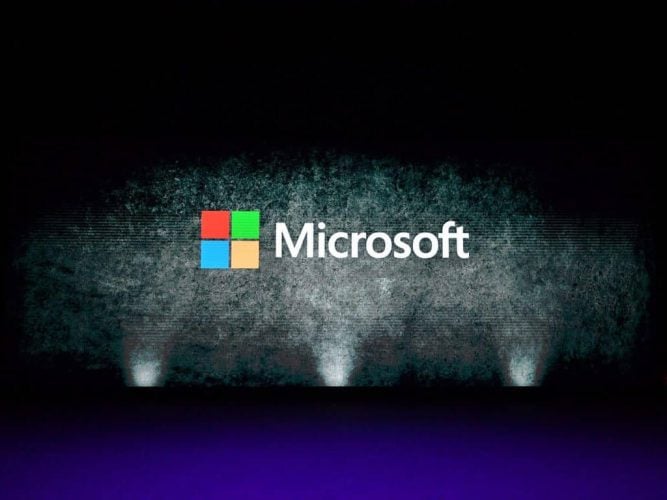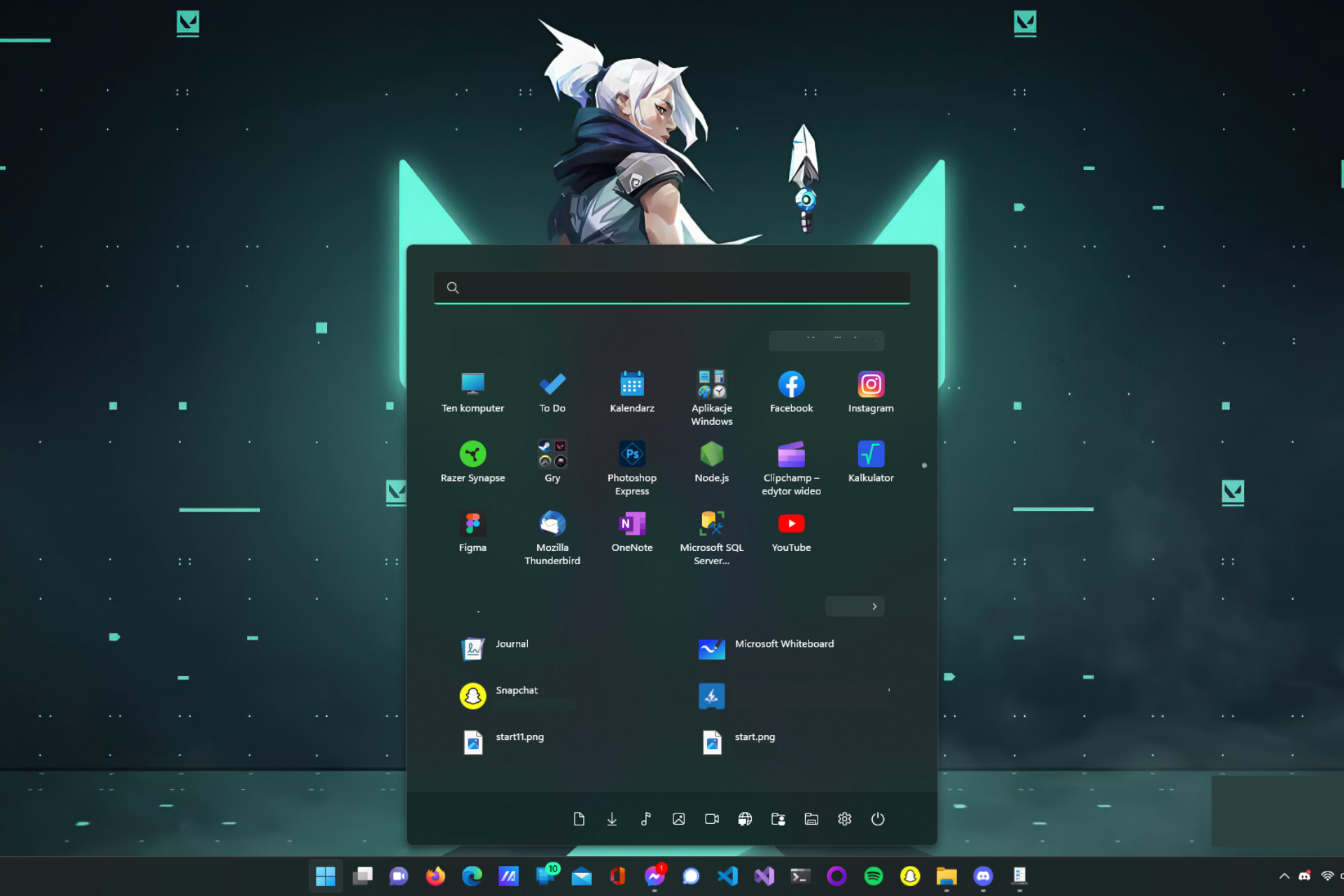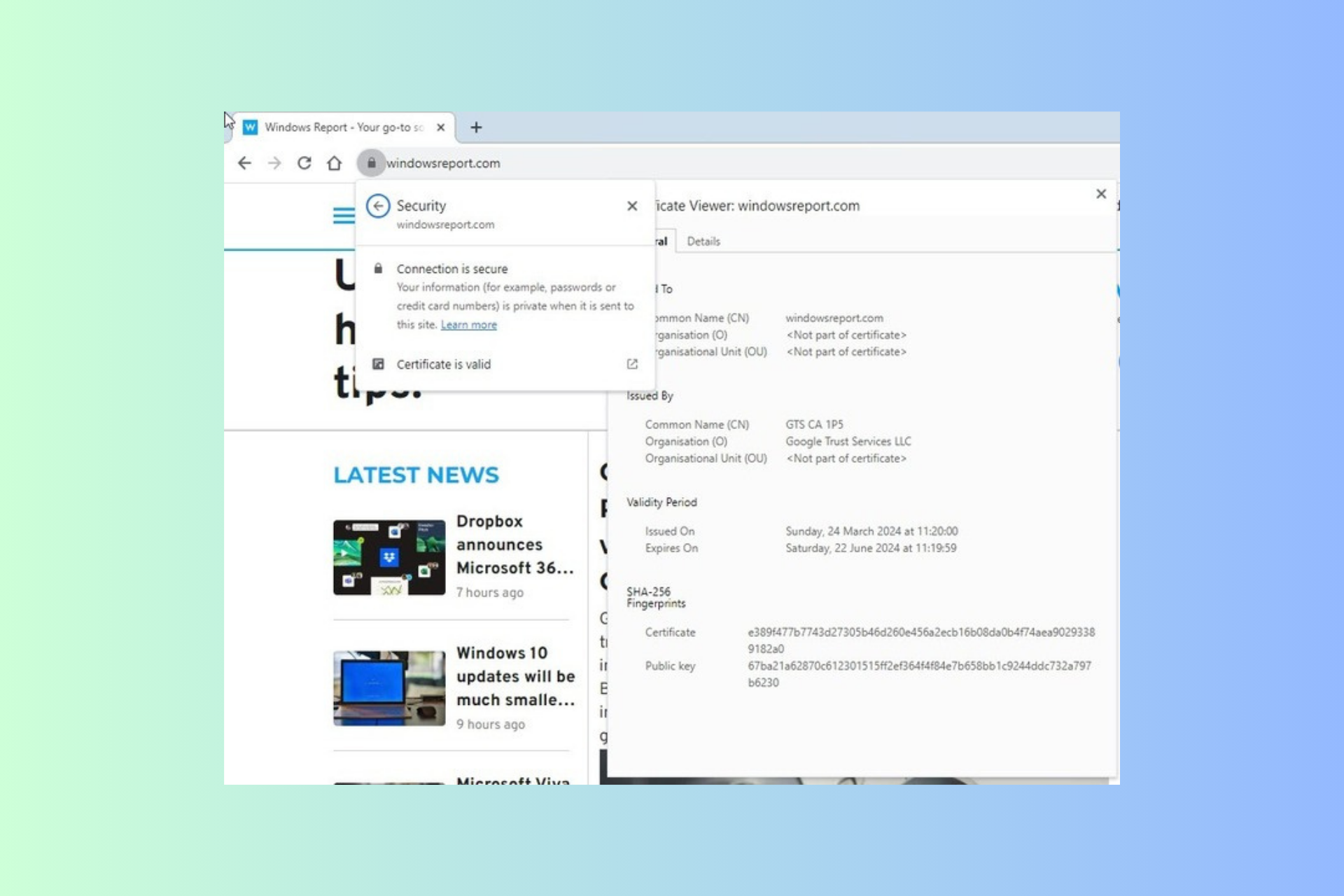Microsoft updates progress on its efforts to bring M365 to Azure
3 min. read
Published on
Read our disclosure page to find out how can you help Windows Report sustain the editorial team Read more

Microsoft is still committed to ensuring that they transition all their Microsoft 365 services to Azure. Despite not having achieved this in 10 years plus, Microsoft published a case study that details the progress they have made thus far and the measures that they are taking to ensure that it does become a reality in the near future and further indicated that it is a “multiyear effort that’s still underway” as spotted by Mary Jo Foley over at ZDNet.
As per the case study, the Microsoft Experiences and Devices (E+D) team, which spearheads operations for both Windows and Office highlighted that transitioning from Windows containers to Azure Kubernetes Service (AKS) would help them get a step closer to achieving this long-term goal not to mention the significant impact it has on infrastructure cost, thus modernizing the service and at the same time cutting down on cost.
The E+D group’s experience reflects a broader industry trend, as Windows and .NET developers look to update and scale their existing code bases, reduce costs, and gain cloud-native benefits of a Kubernetes ecosystem, like resiliency, scalability, and automation. This platform-first, best-practices approach to modernization is a model that other organizations can follow.
Further in the post, Microsoft explains how the shift to hybrid work impacted Microsoft 365 services and the efforts put in place to ensure that they are able to run it better ever since the COVID-19 pandemic hit. Hence the inception of AKS despite Windows Containers providing a lightweight, isolated environment that promotes consistent development and deployment. AKS provides developers with container-based isolation, Kubernetes-based agility, monitoring, load-balancing, and auto-scaling. It also retains access to IIS, .NET Framework, and all the Windows OS features.
AKS is a hosted Kubernetes service, which is in place to make it easier to deploy and manage clusters thanks to Azure’s inception. “As the new computing power behind Microsoft 365, AKS provides a security-optimized, hardened host operating system with weekly patches, node image auto upgrade, and planned maintenance schedules. AKS also makes it easy to interoperate with Azure security, identity, cost management, and migration services”. The move has been deemed to have ” a deep, positive impact across Microsoft 365 development teams” according to Microsoft E+D Principal Product Manager Anasua Banerjee.
Microsoft has indicated that they are still committed to this cause and are making the necessary strides to ensure that this long-term goal comes to pass. Be sure to also check out their blog post where they highlight more details regarding their efforts.








